There’s nothing quite like coming upon medicinal herbs “in the wild”. It’s an exciting reminder that medicine grows wherever it can, and once you know an herb, finding it is like meeting an old friend. I recently took a walk around a lake in a residential area north of College Park and was rather stunned at the variety of medicinal herbs growing in the area. Here are some more of the friends I found!
Jewelweed
Impatiens capensis
You may have heard of Jewelweed’s legendary anti-itch properties. It’s perfect for treating insect bites, poison ivy, and skin irritations of any kind. I often chew up a piece of Jewelweed and stick it on mosquito bites or poison ivy rashes. It feels cool and refreshing on the skin, and it relieves itching and swelling right away. Jewelweed loves water and can be found growing in the shade next to creeks, rivers and ponds. The entire plant, leaves, stem, roots, and flowers, can be used for its soothing, anti-inflammatory properties.
Black Cohosh
Actaea racemosa
Black Cohosh is one of our at-risk native herbs, so finding it on an herb walk is always a special joy. It was extra exciting to find this patch growing in such a heavily-populated residential area. Black Cohosh is best known as a normalizing herb for female hormones, and it is especially helpful for easing the turbulence of the menopausal transition. Black Cohosh also a mild anti-depressant and an excellent healer of the nerves. It gives potent pain relief for neuralgia, sciatica, and other neurological issues.
Peppermint
Mentha piperita
It was a true pleasure to stumble upon this refreshing, minty herb in the hot summer months. Peppermint is a wonderful herb for “waking up” both the digestive system and the spirit. It relieves gas, soothes and heals the intestinal tract, relaxes the muscles, prevents infections, and makes for a delicious, invigorating tea drunk hot or cold. Inhaling the essential oil lifts the spirits, disinfects the respiratory tract, and promotes stronger memory retention.
Self-Heal
Prunella vulgaris
Self-Heal’s name says it all—this is a nutritive, astringent herb commonly used as a poultice to heal skin wounds. Internally, its astringency helps with diarrhea, weak intestinal tissue, mild bleeding, and sore throats. As a tea, it makes an excellent diuretic spring-time tonic, perfect for getting things moving after a long winter. This robust patch of Prunella vulgaris was growing too near a busy roadway to safely harvest, but it is one of the more easily-discovered herbs to be found growing in the sun or shade.

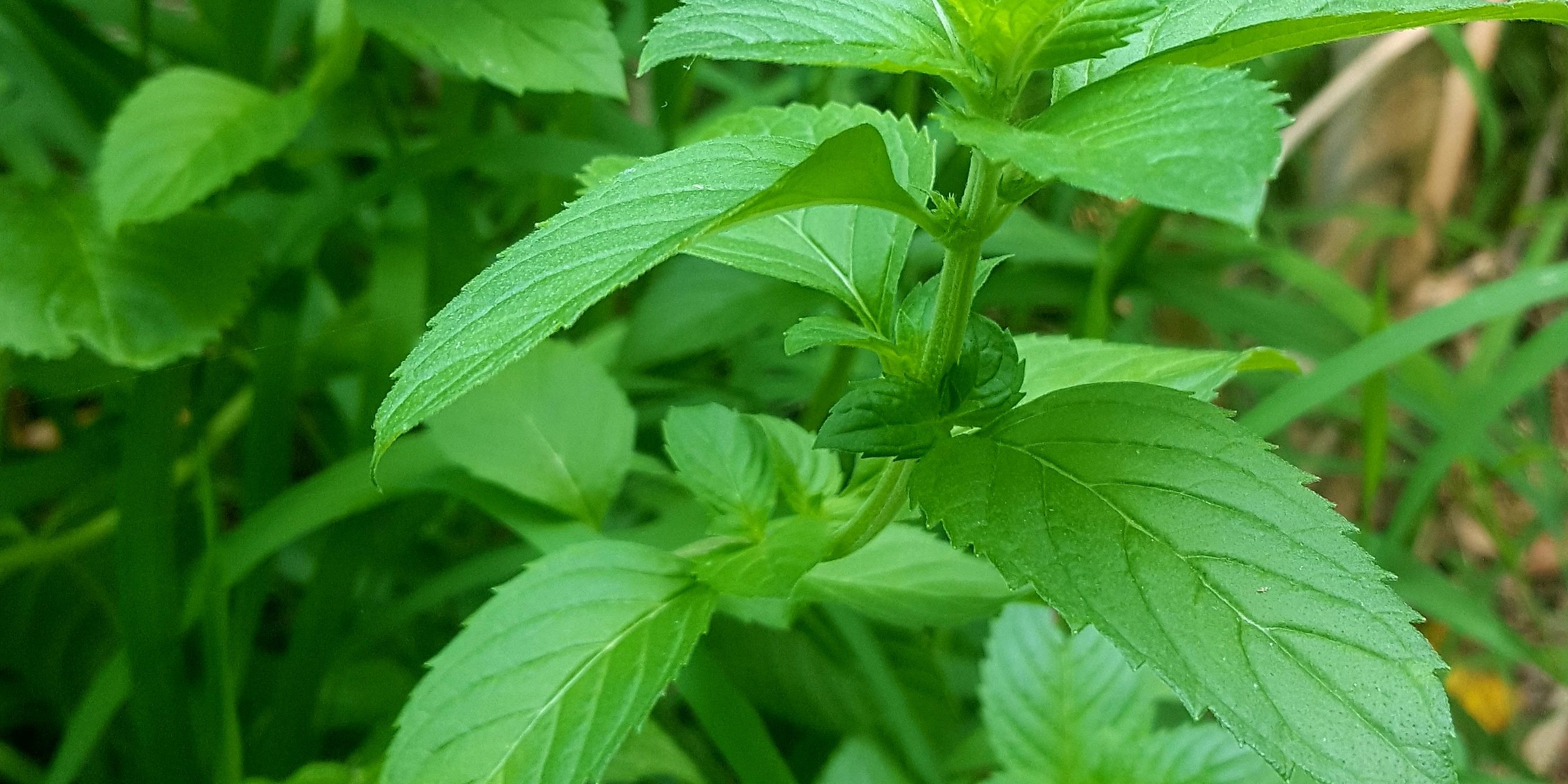
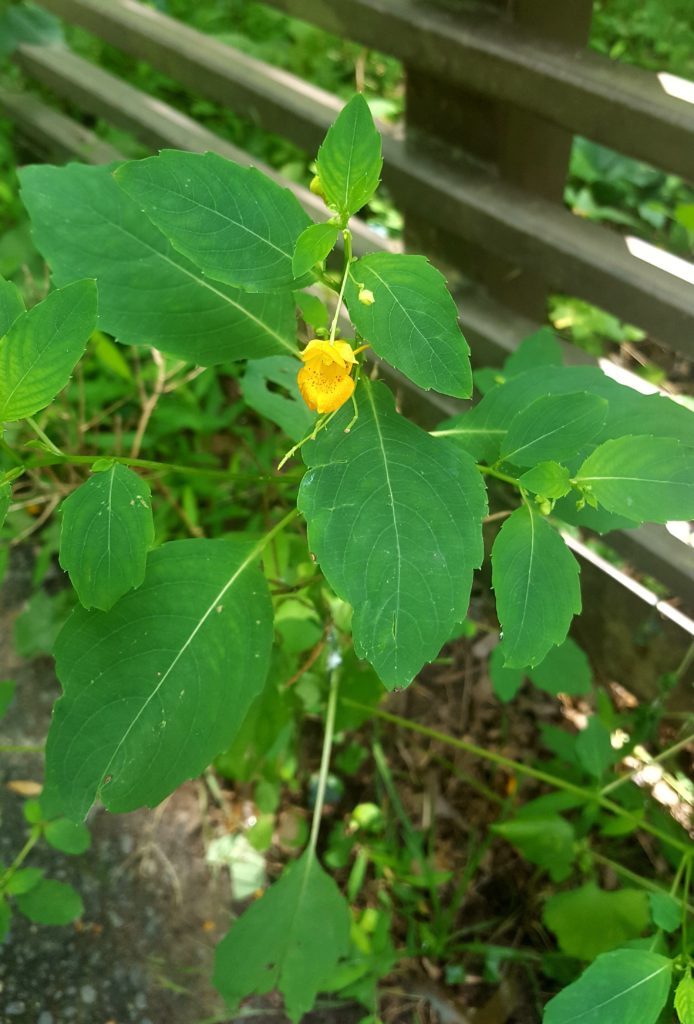
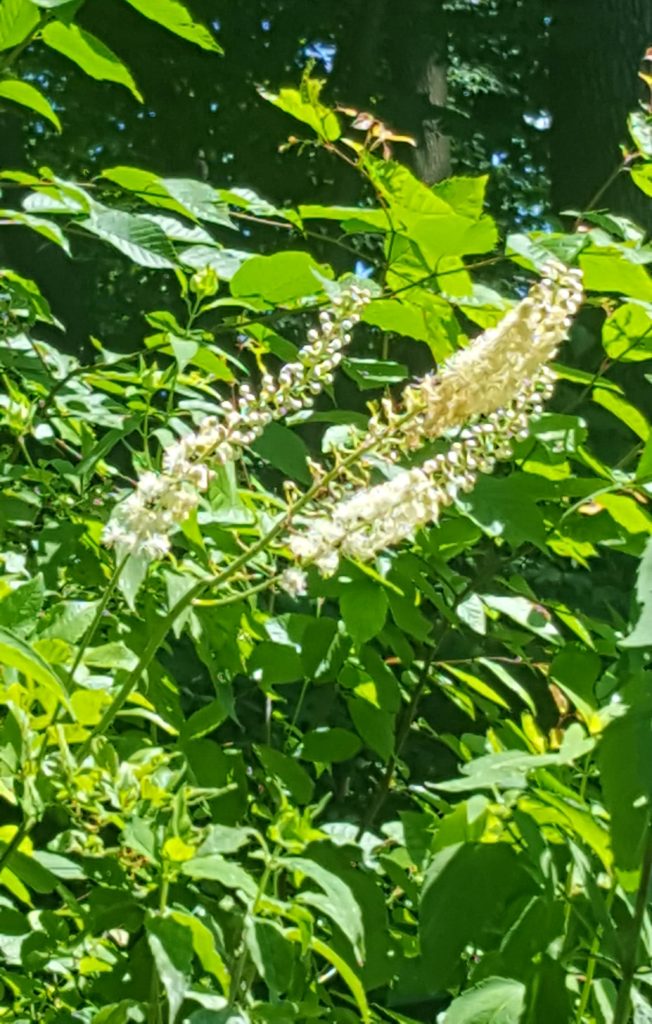
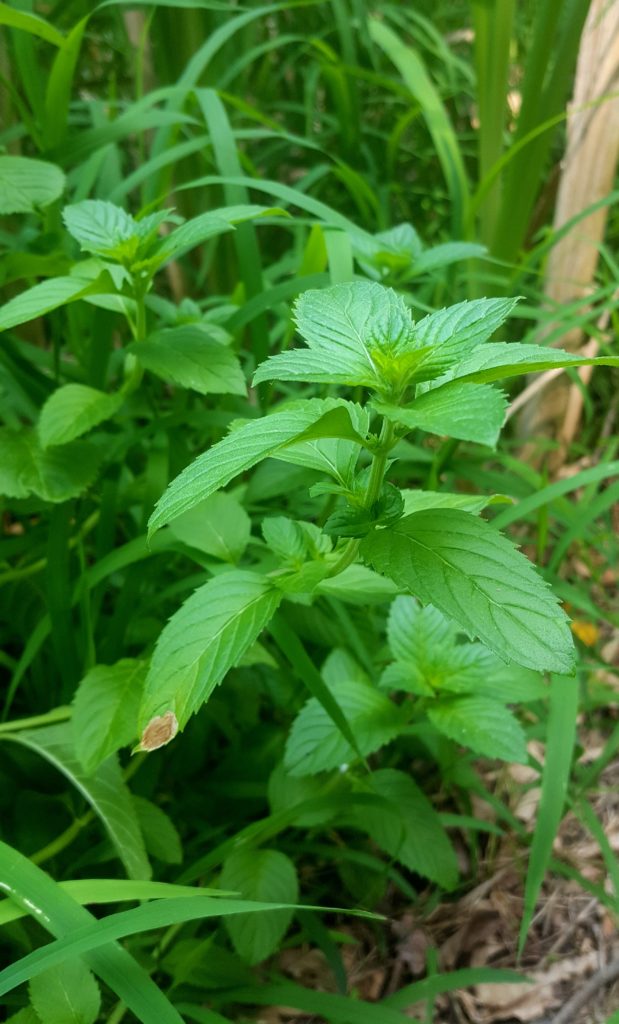
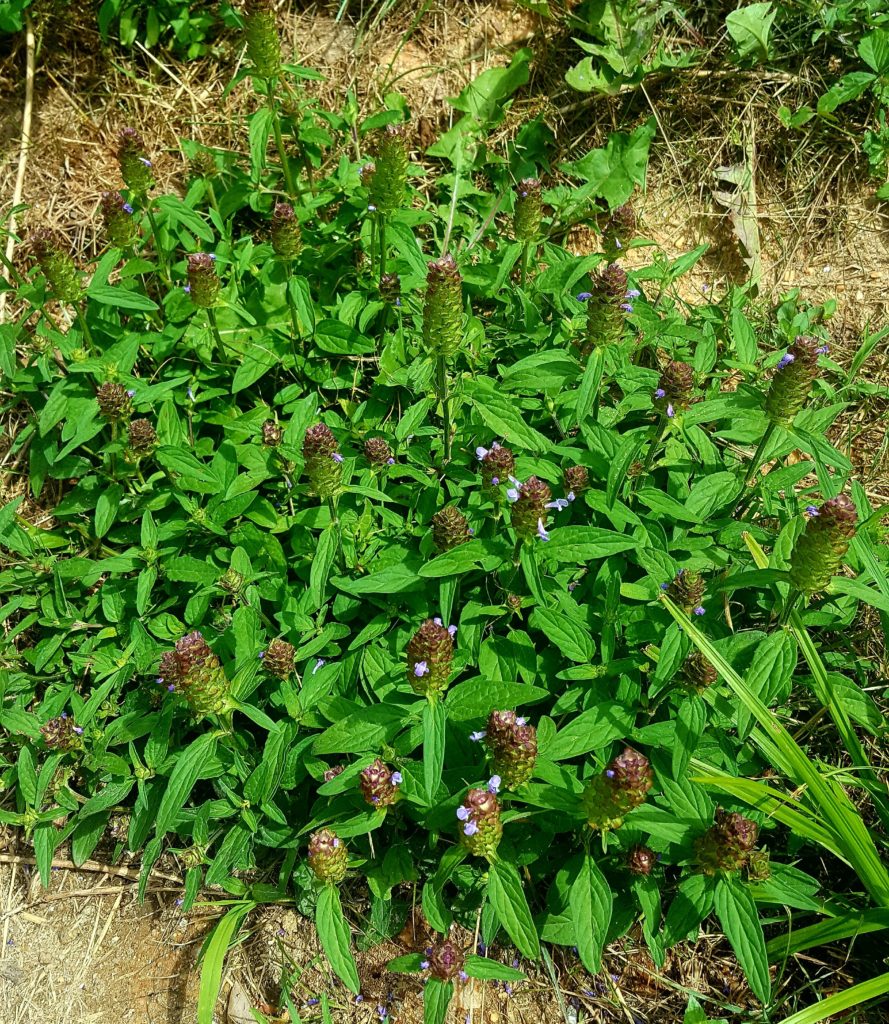







I’d love to Nickie! I wish I was there with you!